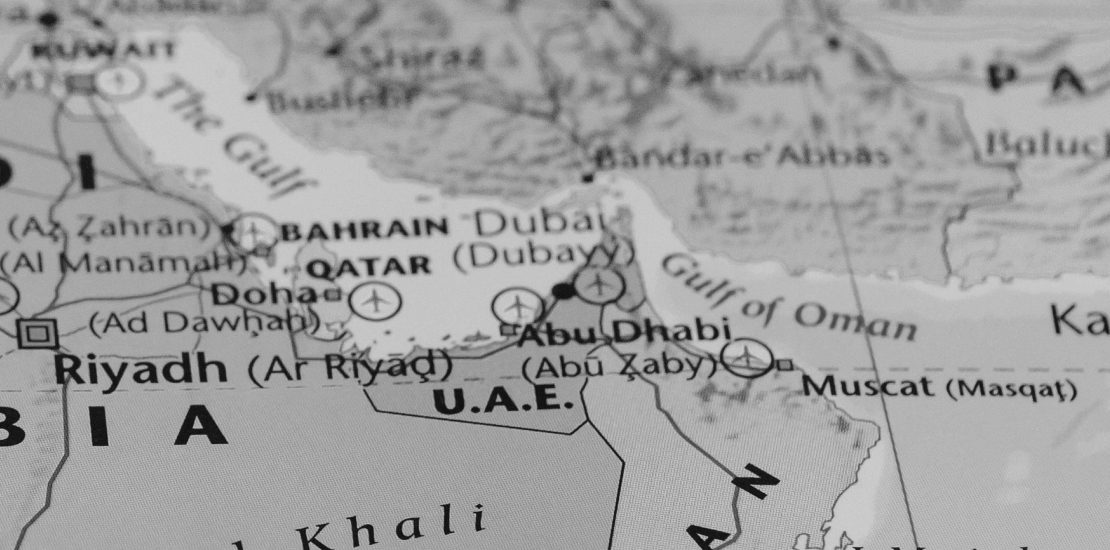Saudi Arabia Urges Companies to Relocate Regional HQs and Offers Incentives
- 14.11.2023
- Posted by: Omar Sami
- Categories: Legal, Saudi Arabia

Saudi Arabia remains steadfast in its directive for foreign companies to establish their regional headquarters (RHQ) in the kingdom by 01.01.2024. Failing to do so may lead foreign companies to be excluded from lucrative government contracts. The move, announced in February 2021, aims to bolster Saudi Arabia’s economy and is a key component of Crown Prince Mohammed bin Salman’s Vision 2030 initiative.
Faisal Al Ibrahim, Saudi Minister of Economy and Planning, affirmed in an interview with CNBC that the deadline remains intact. He emphasized the ongoing discussions with companies, highlighting the incentives and benefits to facilitate the relocation process.
According to the Ministry of Investments´ current definition, an RHQ is an entity of a multinational corporation established in compliance with Saudi Arabian laws. Its primary purposes include supporting, managing, and making strategic decisions for its affiliated branches and subsidiaries across the MENA region. Importantly, the RHQ is not permitted to engage in commercial business activities.
Benefits of Licensing as an RHQ apart from the Participation in Government Tenders / Public Procurement
1. 10-Year Exemption from Saudization
2. VISA Restrictions Lifted – Visa processing is expedited
3. No Specific Approvals Required
4. Visas for Spouses and Children up to the age of 25
5. Preferred Business and Concierge Services
As the deadline approaches, the Saudi government’s commitment to economic diversification and the creation of private-sector jobs remains resolute. Foreign companies exploring the untapped market are encouraged by the kingdom’s evolving support mechanisms, envisioning a mutually beneficial partnership that aligns with Saudi Arabia’s ambitious Vision 2030 goals.
As economic forecasts suggest a 0.9% contraction in Saudi Arabia’s economy in 2023 due to lower oil production and prices, the International Monetary Fund notes robust non-oil growth, averaging 4.8% in 2022. This growth is anticipated to continue at around 5% in 2023, propelled by strong domestic demand.
In view of the positive economic forecasts, companies should, therefore, be aware that Saudi Arabia will generate significant economic growth independent of oil as part of Vision 2030. The Kingdom will benefit considerably from awarding public contracts, which will expand the country’s economic infrastructure.
To keep in mind!
An important aspect to remember is that RHQ requirements may, in the mid-term, also be extended to sub-contractors to ensure the intention of the RHQ is entirely adopted by entities doing business in the Kingdom.
How TME Services Can Support Your Business
Saudi Arabia’s public procurement law is becoming increasingly important for internationally active companies. To have a promising chance of success in the Saudi Arabian market, the establishment of an RHQ is crucial. Therefore, knowing and establishing the specific Saudi Arabian framework conditions is essential to participate in the procurement market and benefit from the incentives.
TME Services is a team of 45 legal, tax, accounting, and compliance professionals with over 18 years of experience in the GCC region. Over the past decade, we have advised a significant number of SMEs in relation to business formation and alignment in Saudi Arabia, ensuring that our clients are well-oriented in the new and rapidly evolving legal and tax landscape and reducing the legal liability of managers that can arise in relation to non-compliance.
Authors
Share the article
-
04 Jul 2025 DubaiPrivate Equity Firms Choose UAE: What This Means for Your Business
-
04 Jul 2025 DubaiUAE Property Investment Golden Visa: Complete Requirements and Process Guide
-
04 Jul 2025 DubaiUAE Mobile Shopping Boom and Business Setup Opportunities
-
26 Jun 2025 DubaiUAE Achieves Top-Tier Sovereign Credit Ratings
-
26 Jun 2025 DubaiUAE E-Invoicing Rules You Need to Know